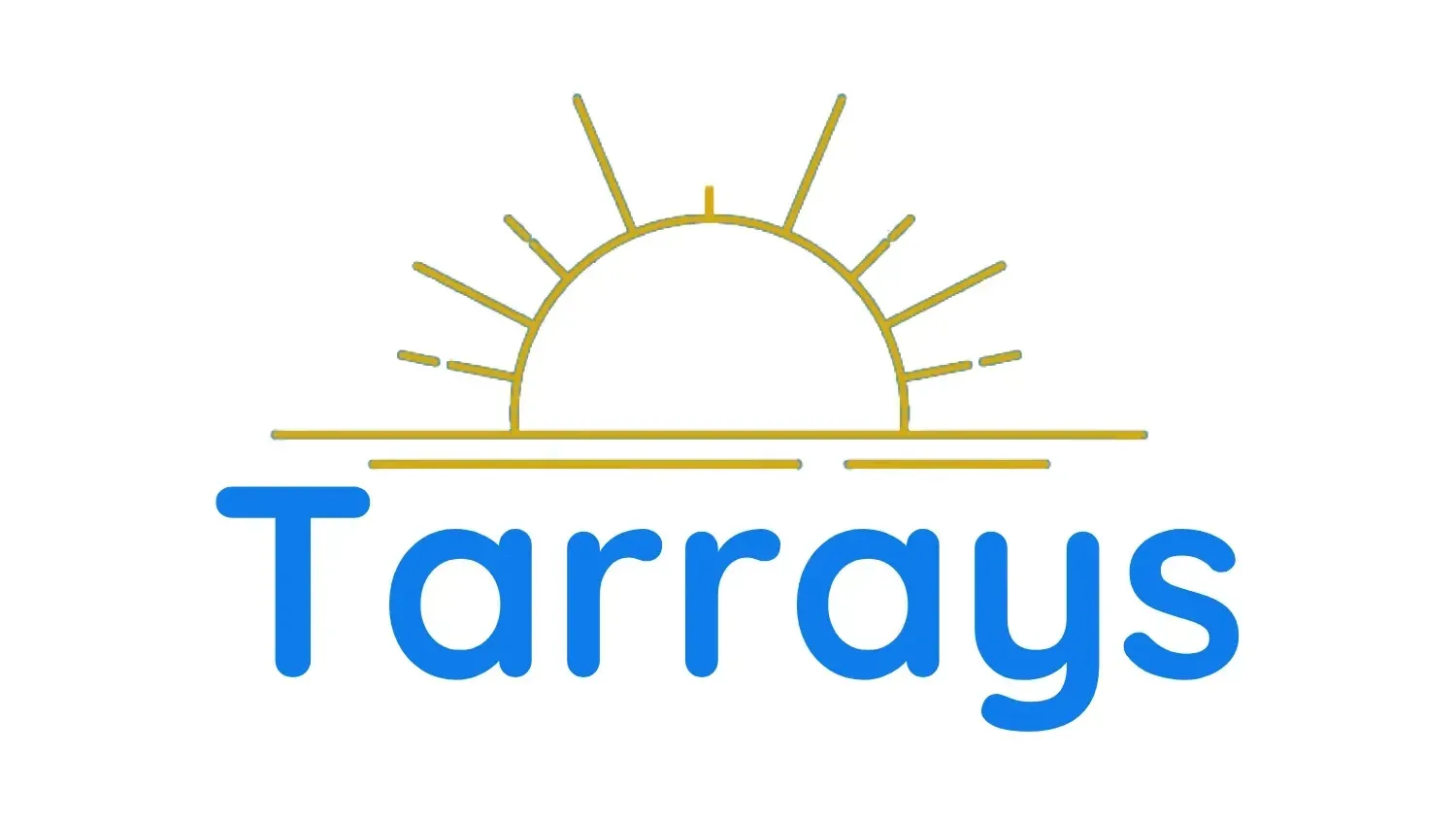Retaining Healthcare Talent in Regional Aged Care Strategies for Long-Term Workforce Stability
Retaining healthcare professionals in aged care facilities, particularly in regional areas, is one of the most pressing challenges faced by the industry today. With an ageing population, the demand for skilled healthcare workers continues to grow, but attracting and retaining staff in regional aged care is increasingly difficult due to isolation, limited resources, and professional growth opportunities. Facilities in these areas must implement long-term strategies to ensure workforce stability, improve staff retention, and maintain high-quality care for elderly residents.
In this blog, we will explore effective strategies to retain healthcare talent in regional aged care, focusing on creating supportive work environments, fostering career development, and promoting a healthy work-life balance.
The Challenges of Retaining Healthcare Staff in Regional Aged Care
Aged care facilities in regional areas face a unique set of challenges when it comes to attracting and retaining healthcare professionals. Some of the key difficulties include:
1.Geographical Isolation
Healthcare workers in regional areas often feel isolated from their peers and support networks. The lack of amenities, limited access to professional training, and the absence of a social support system can result in higher turnover rates.
2. Limited Career Progression Opportunities
Career growth in regional aged care facilities is often slower compared to metropolitan areas. The absence of specialised training programs and leadership opportunities makes it difficult for healthcare professionals to advance in their careers.
3. Workload and Burnout
The shortage of qualified staff in regional areas means that existing workers often have to take on heavier workloads, leading to fatigue and burnout. Without proper support, healthcare professionals may seek employment elsewhere, further exacerbating the staffing problem.
Strategies to Retain Healthcare Talent in Regional Aged Care
To address these challenges and ensure long-term workforce stability, aged care facilities must adopt comprehensive strategies that prioritise the well-being and professional development of their staff. Below are key strategies to enhance retention in regional aged care.
1. Creating a Supportive Work Environment
A supportive work environment is essential for retaining healthcare professionals, particularly in isolated regional areas. When employees feel valued and supported, they are more likely to remain committed to their roles.
- Fostering Strong Leadership
Leadership plays a crucial role in creating a positive work environment. Managers and supervisors should be approachable, empathetic, and open to feedback. Regular communication, active listening, and recognition of staff contributions can help create a sense of belonging and support.
- Providing Mentorship Programs
Offering mentorship opportunities is an effective way to foster a supportive work environment. By pairing experienced staff with new hires, aged care facilities can help ease the transition into a new role and create a sense of community. Mentorship also provides ongoing professional guidance, which is particularly important for younger healthcare professionals looking for direction.
- Emphasising Teamwork and Collaboration
Encouraging teamwork and collaboration can help reduce feelings of isolation in regional settings. Regular team meetings, social gatherings, and team-building activities can strengthen relationships among staff members and create a sense of camaraderie.
2. Offering Career Development Opportunities
Career development is a critical factor in staff retention. Healthcare workers in regional aged care often feel limited in terms of professional growth, leading to higher attrition rates. Providing opportunities for advancement can improve job satisfaction and long-term loyalty.
- Providing Access to Continuous Professional Development (CPD)
Investing in continuous professional development for staff is essential. Offering in-house training programs, online courses, and access to external seminars can help healthcare workers improve their skills and stay updated with industry advancements. This not only enhances job satisfaction but also ensures that aged care facilities maintain high standards of care.
- Creating Clear Career Pathways
Aged care facilities should establish clear and attainable career pathways for healthcare professionals. Whether it’s advancing from a personal care assistant to an enrolled nurse or from an enrolled nurse to a registered nurse, outlining progression opportunities will motivate staff to stay longer and work towards their goals.
- Supporting Leadership Development
Offering leadership training programs can help healthcare workers take on more responsibility and move into managerial roles. Regional aged care facilities should focus on nurturing leadership from within their existing workforce, providing healthcare professionals with the tools to grow in their careers without needing to leave for urban areas.
3. Promoting Work-Life Balance
Promoting a healthy work-life balance is another key strategy for retaining healthcare talent in regional aged care. Healthcare workers often experience long hours and demanding workloads, leading to burnout and high turnover rates. By prioritising work-life balance, facilities can help reduce stress and improve retention.
- Offering Flexible Work Arrangements
Flexible work arrangements, such as part-time hours, job-sharing, and rotating shifts, can help reduce the strain on staff. Aged care facilities that offer flexibility allow healthcare workers to manage their personal lives better, improving job satisfaction and reducing burnout.
- Providing Mental Health Support
Mental health challenges are common among healthcare professionals, especially those working in high-pressure environments like aged care. Providing access to counseling services, mental health days, and employee assistance programs can help staff manage stress and maintain their well-being.
- Encouraging Time Off
Promoting the use of annual leave and ensuring staff take regular breaks is essential for preventing burnout. Aged care facilities should actively encourage employees to take time off to rest and recharge, ensuring they return to work feeling refreshed and ready to perform their duties.
The Role of Technology in Retention
In addition to the strategies outlined above, technology can play a significant role in retaining healthcare staff in regional aged care. Telehealth, remote training programs, and digital health platforms can help alleviate the challenges of geographical isolation by enabling staff to access support and resources remotely. Implementing technology that improves efficiency and reduces administrative burdens can also enhance job satisfaction by allowing healthcare professionals to focus more on patient care.
Conclusion
Retaining healthcare talent in regional aged care is essential for maintaining workforce stability and ensuring high-quality care for elderly residents. By creating a supportive work environment, offering career development opportunities, and promoting work-life balance, aged care facilities can reduce turnover and build a more resilient, committed workforce.
Tarrays Healthcare Staffing is dedicated to helping regional aged care facilities overcome staffing challenges and develop long-term retention strategies. Our focus on providing qualified and committed healthcare professionals ensures that your facility can meet its care obligations while building a stable, skilled workforce for the future.












